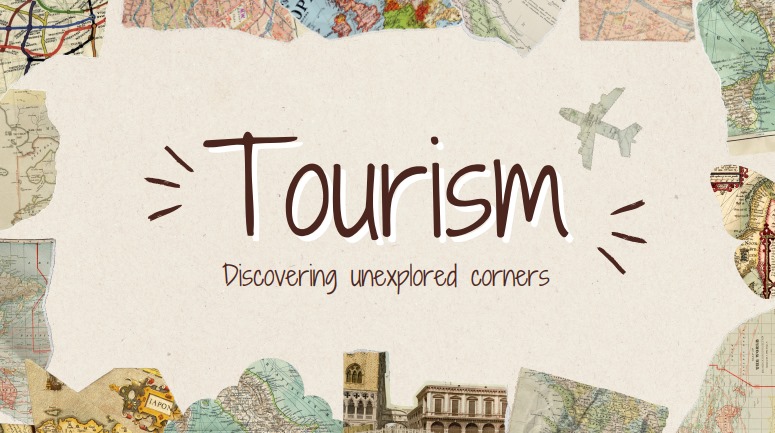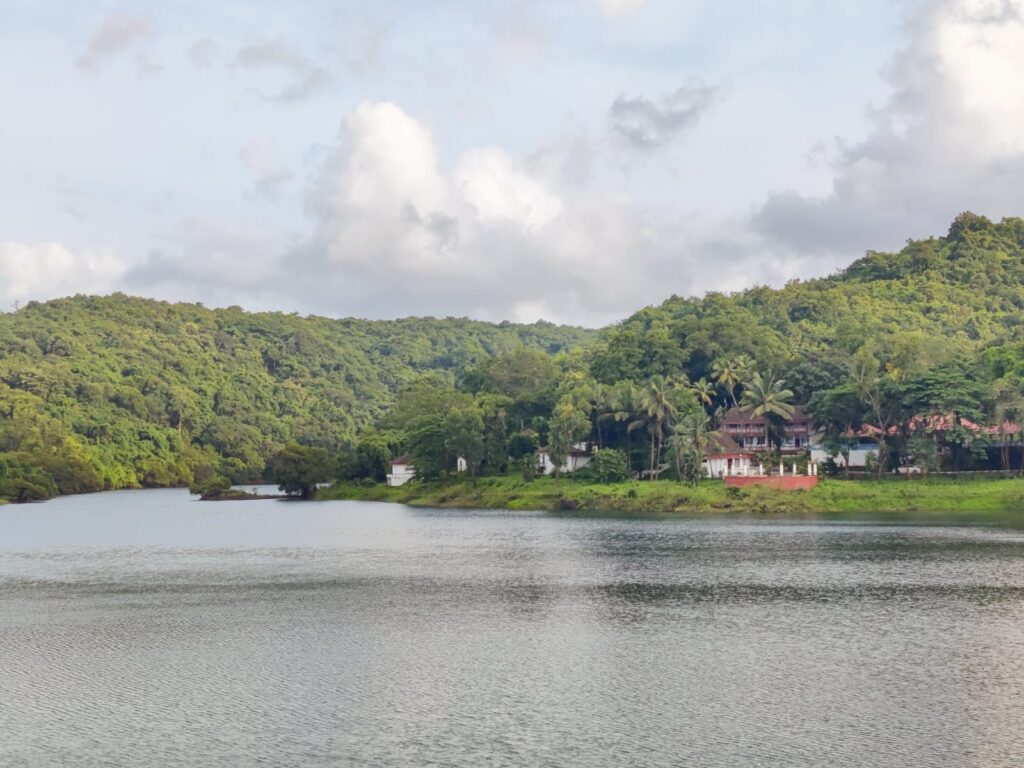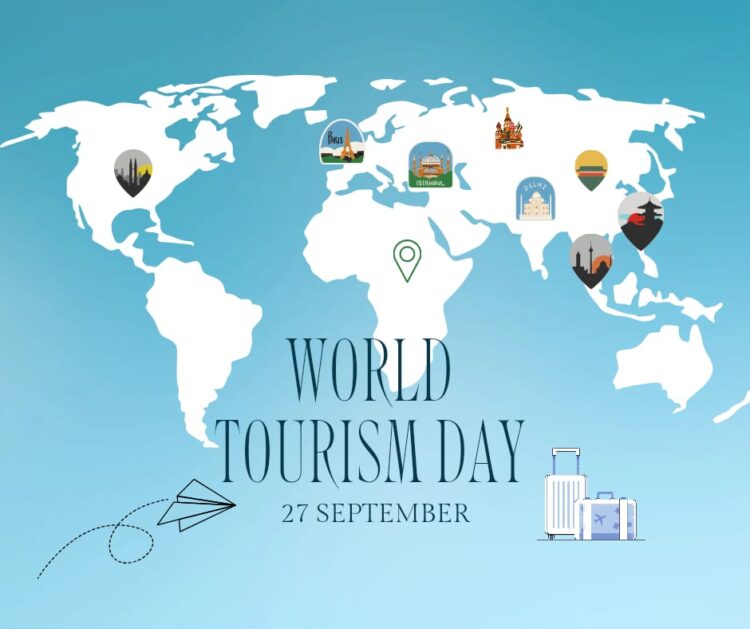World Tourism Day 2023, celebrated on September 27th, is an annual global event that carries profound significance. This day provides a unique opportunity to delve into the multifaceted world of tourism, exploring its rich history, global importance, and the pressing need for sustainable practices.
Established by the United Nations World Tourism Organization (UNWTO) in 1980, World Tourism Day serves as a platform for fostering greater awareness about the role of tourism in fostering economic growth, cultural exchange, and environmental preservation. I
In this article, we will discuss the history, significance, and economic importance of World Tourism Day 2023. We will also discuss the theme of sustainable tourism, examining its critical aspects, how individuals can actively contribute to it, and the economic dimensions that underpin this vital sector.
The History of World Tourism Day
The origins of World Tourism Day date back to 1980, a significant year in the annals of global tourism. It was in this year that the United Nations World Tourism Organization (UNWTO) adopted its Statutes, setting the stage for the celebration of this day.
The choice of the date, September 27th, is emblematic, as it commemorates the anniversary of the adoption of the UNWTO Statutes in 1970. Over the years, this day has evolved into a momentous occasion, addressing a wide array of themes, all of which underscore the vital role of tourism in global development.
World Tourism Day stands as a symbol of global cooperation and serves as a testament to the ongoing commitment to harnessing the potential of tourism for the betterment of humanity.
Significance and Importance of World Tourism Day 2023

Promoting Sustainable Tourism
Each year, World Tourism Day adopts a specific theme, with 2023 focusing on sustainable tourism. This theme underscores the importance of harmonizing economic growth with environmental conservation and cultural preservation. In an era marked by environmental challenges, this emphasis on sustainability is critical.
Raising Awareness
Beyond its thematic focus, World Tourism Day serves as a powerful catalyst for raising public awareness. It illuminates the multifaceted nature of tourism and its far-reaching impacts on society, culture, politics, and economics. This heightened awareness nurtures responsible and informed travellers.
Economic Catalyst
Tourism is not merely an industry; it is an economic powerhouse. World Tourism Day functions as a global reminder of the economic potential inherent in tourism. It catalyzes governments, businesses, and individuals to invest in this sector, recognizing its capacity to spur economic growth.
Fostering Cultural Exchange
At its core, tourism is a vehicle for cultural exchange. It allows people to immerse themselves in diverse cultures, fostering tolerance, understanding, and the celebration of our global diversity. World Tourism Day celebrates the profound cultural tapestry woven by tourism.
The Role of UNWTO
The United Nations World Tourism Organization (UNWTO) plays an important role in promoting the global celebration of World Tourism Day. As the preeminent international body dedicated to tourism, the UNWTO stands as a steward of the industry, committed to ensuring that tourism contributes to sustainable development and functions as a cornerstone of economic growth and social progress.
The UNWTO’s multifaceted initiatives encompass a spectrum of areas within the tourism domain:
Sustainable Tourism
Foremost among its concerns is the promotion of sustainable tourism practices. The UNWTO actively encourages destinations, businesses, and travellers to minimize their adverse impacts on the environment and the local communities they encounter.
Tourism Education and Training
Recognizing the pivotal role of knowledge, the UNWTO supports capacity-building programs. These initiatives are designed to empower tourism professionals and stakeholders with the skills and knowledge needed to navigate the complexities of the industry.
Research and Data Collection
A cornerstone of the UNWTO’s work is research and data. It conducts rigorous research and compiles data to offer insights into tourism trends and their socio-economic ramifications. This invaluable information informs policies and decisions across the industry.
Policy Advocacy
The UNWTO actively collaborates with governments and policymakers worldwide to develop tourism policies that underpin sustainable development and economic growth. These policies strive to strike a delicate balance between economic prosperity and responsible tourism practices.
Sustainable Tourism and How to Achieve It?

Sustainable tourism, also known as responsible tourism, represents a dynamic concept that seeks to mitigate the adverse environmental, social, and cultural impacts of tourism while enhancing its positive contributions. Achieving sustainable tourism is a multifaceted endeavour that involves several key aspects:
Environmental Conservation
Sustainable travellers conscientiously minimize their environmental footprint. This entails embracing eco-friendly practices such as conserving energy and water, utilizing public transportation and steering clear of single-use plastics.
Supporting Local Communities
Sustainable tourism champions the cause of local communities. It encourages travellers to opt for locally-owned businesses and purchase locally-made products. This economic infusion directly contributes to the development and well-being of the destination’s residents.
Preserving Natural Resources
Sustainable travellers select accommodations that adhere to sustainable practices, which can include water-saving measures and waste reduction. They also actively support conservation initiatives and national parks, safeguarding precious natural resources.
Minimizing Carbon Footprint
Responsible travellers actively address their carbon emissions. They explore options for offsetting their carbon footprint through initiatives or organizations engaged in tree planting and renewable energy projects.
Responsible Wildlife Encounters
Sustainable tourism avoids activities that exploit or harm wildlife. Instead, it champions ethical wildlife experiences that prioritize animal welfare and conservation, fostering education and appreciation.
Respect for Cultural Heritage
Respect for the cultural heritage of visited destinations is fundamental to sustainable tourism. Travellers actively engage with and learn about local cultures, avoiding activities that involve the illegal trade of cultural artefacts.
Reducing Overcrowding
Sustainable travellers make deliberate choices to mitigate overcrowding at popular tourist destinations. They may opt for less frequented spots or plan their travels during off-peak seasons, thus alleviating the strain on these sites and preserving their charm.
What to Keep in Mind for Sustainable Travel
Individuals, as responsible travellers, have the power to effect positive change through their choices and actions. Here are some key considerations to bear in mind when embarking on sustainable travel:
Plan Ahead
Sustainable travel begins with meticulous planning. Research your destination’s unique environmental and cultural sensitivities. This knowledge empowers you to tailor your trip, minimizing negative impacts and supporting responsible businesses.
Pack Responsibly
Sustainable packing involves more than just luggage weight considerations. It entails bringing reusable items such as water bottles, shopping bags, and utensils to minimize waste. Single-use plastics should be left behind.
Conserve Resources
A sustainable traveller is mindful of resource consumption. Whether in accommodations or daily activities, responsible tourists reduce water and energy usage. They reuse towels, switch off lights, and manage air conditioning prudently.
Use Public Transportation
Sustainable travellers make eco-friendly transportation choices. They favour public transportation or walking over private cars or taxis, reducing air pollution and traffic congestion.
Support Local Economies
Embracing the local economy is a fundamental tenet of sustainable tourism. Shopping at local markets and dining at locally-owned restaurants enhances the economic prosperity of the destination while providing authentic cultural experiences.
Respect Wildlife
Responsible travel calls for ethical wildlife encounters. Activities that exploit or harm wildlife are avoided. Instead, sustainable travellers choose experiences that prioritize the welfare and conservation of animals.
Follow Regulations
Laws and regulations governing a destination must be adhered to meticulously. This encompasses environmental protection, cultural preservation, and respectful behaviour towards local communities.
Economic Significance of Tourism
The economic significance of tourism cannot be overstated. It stands as a global powerhouse with far-reaching implications:
Job Creation
Tourism is a formidable generator of employment opportunities. It spans a gamut of sectors, from hospitality and transportation to entertainment and infrastructure development. Jobs are created for both skilled and unskilled workers, thereby contributing to societal well-being.
Foreign Exchange Earnings
Tourism injects foreign currency into economies through the spending of international visitors. This influx of revenue serves to stabilize the balance of payments in many countries, contributing to economic stability.
Economic Diversification
The economic benefits of tourism extend beyond financial gains. Tourism diversifies economies, reducing reliance on a single industry. It stimulates the development of small and medium-sized businesses, fostering entrepreneurial spirit.
Infrastructure Development
Destinations invest in infrastructure development to cater to tourists. This development encompasses airports, roads, public services, and cultural preservation efforts. These improvements benefit both visitors and local residents, enhancing overall living standards.
Cultural Exchange
Cultural tourism facilitates the preservation and promotion of traditional art, crafts, and heritage. This, in turn, provides income to local artisans and communities, safeguarding their unique cultural legacies.
Rural Development
Tourism can trigger development in rural areas. By attracting visitors to less-explored regions, tourism redistributes economic benefits more equitably. This phenomenon can stimulate growth and prosperity in traditionally underserved areas.
Conclusion
World Tourism Day 2023 stands as an emblem of the transformative power of tourism. It encompasses diverse facets, from economic prosperity and cultural exchange to environmental stewardship. Through responsible and sustainable travel practices, individuals wield the power to contribute to the preservation of our planet’s natural and cultural treasures while reaping the numerous benefits that tourism affords.
As we celebrate World Tourism Day 2023, let us bear in mind that our choices as travellers carry lasting consequences, and by making thoughtful, responsible choices, we ensure that tourism remains a force for good in our global community. In this era of increased awareness and interconnectedness, sustainable travel emerges as not only a choice but a collective responsibility that can shape a brighter, more equitable future for all.






























